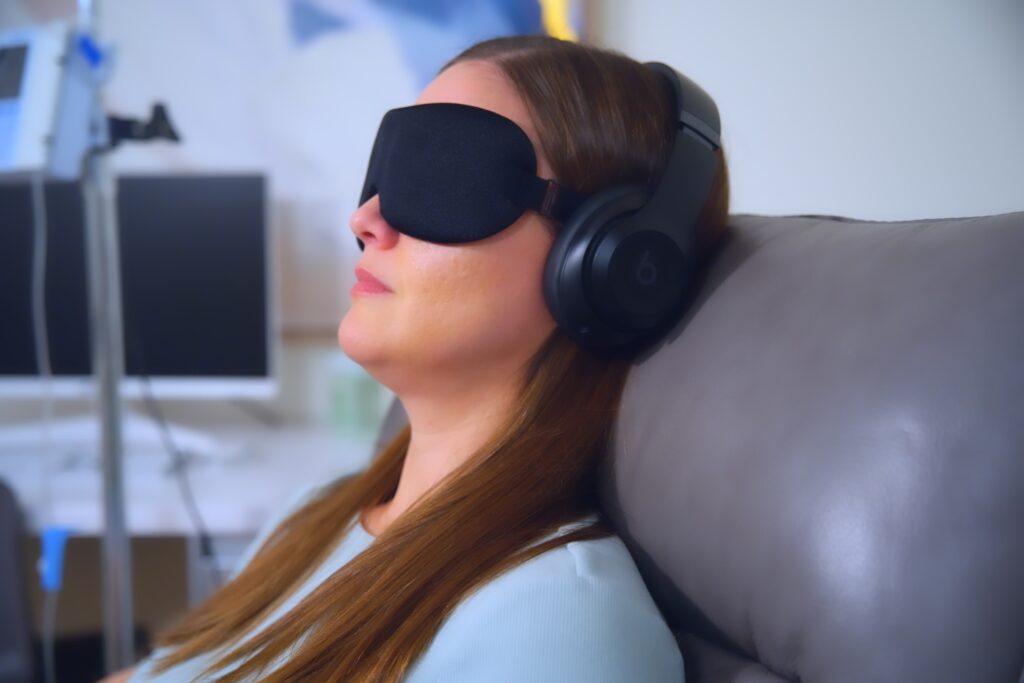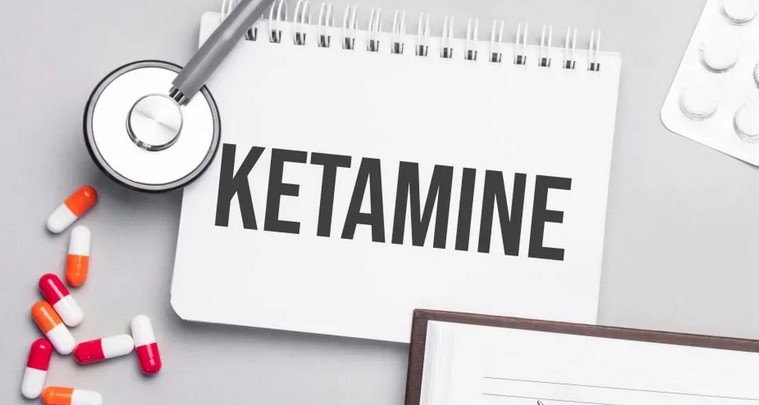This blog was originally published on May 12, 2023. It has been updated to include the most recent information and research.
Most people have heard of Bipolar depression (BPD), but it is not well understood and misconceptions abound. Bipolar depression is a complex mental health condition characterized by extreme swings between emotional highs, known as mania, and lows – the depressive periods.
While bipolar depression usually emerges during late adolescence or early adulthood, it can develop later in life: For some, the condition emerges in their 30s or even later. Researchers aren’t sure what causes bipolar depression, or why it affects certain people but not others. Genetics, brain functions, and environmental factors are all thought to contribute to bipolar depression. Because the symptoms of BPD are easily confused with symptoms of other conditions, a correct diagnosis is crucial for proper treatment and management.
Prevalence and Onset of Bipolar Depression
Approximately 2.6% of American adults are diagnosed with bipolar depression, significantly impacting their daily functioning and quality of life. Most individuals experience the first symptoms in their early 20s, and the majority of patients are diagnosed before the age of 30. However, late-onset bipolar depression can also occur and is a recognized phenomenon. In some cases, people are misdiagnosed and may therefore not realize they have bipolar depression until later in life, which can delay appropriate treatment or result in ineffective care. But in other cases, bipolar depression onset itself is late: It can be triggered by significant life changes, stressors or substance abuse.
Diagnosing bipolar depression later in life can be challenging due to overlapping symptoms with other psychiatric or medical conditions, such as depression, anxiety disorders, or neurodegenerative diseases. What is clear, however, is that each patient requires a personalized approach to rule out other potential causes and to accurately confirm a bipolar depression diagnosis.
A Look at the Variants of Bipolar Depression
Bipolar depression is not a monolithic condition, but rather a spectrum that includes several distinct subtypes:
- Bipolar I Depression: This form is defined by the occurrence of at least one manic episode, which is preceded or followed by major depressive episodes. Manic episodes in Bipolar I are severe and may include psychotic symptoms.
- Bipolar II Depression: A pattern of depressive episodes and hypomanic episodes (a milder form of mania, with similar symptoms that are less intense and disruptive) is typical of Bipolar II. It is frequently misdiagnosed as depression, since hypomania can be mistaken for a slightly elevated, “normal” mood.
- Cyclothymic Depression: Individuals with cyclothymic disorder experience chronically fluctuating moods with periods of hypomania and depression that, all in all, are milder than the above two types. To qualify as cyclothymic disorder, the pattern of mood swings must persist for at least two years.
Ketamine Therapy as an Innovative Treatment for Bipolar Depression
Recent advancements in the treatment of bipolar depression have introduced ketamine as a promising option, particularly for patients who have not responded adequately to traditional therapies. Bipolar depression patients are at an especially high risk of suicide and are prone to being treatment resistant, with about 1/4 of all patients failing to respond to initial conventional treatments. Ketamine, administered at low doses, offers a novel treatment distinct from conventional antidepressants.
One study from 2020 reports that ketamine has “robust antidepressant and anti-suicidal effects,” especially among those who develop structural changes in their brains because of prolonged bipolar depression. A 2023 medical review, summarizing the results of ten clinical studies, states, “Our review suggests that IV ketamine is a promising acute treatment in adults living with bipolar depression.”
Researchers believe that ketamine works by releasing molecules in your brain that create new communication pathways between neurons, which play a key role in mood regulation. Unlike traditional antidepressants, which may take weeks to show results, one of ketamine therapy’s greatest advantages is its almost immediate effect. It can provide relief from severe depressive symptoms within hours to days, making it a valuable option for managing acute episodes of depression in bipolar depression. This is particularly relevant for those with treatment-resistant depression, a condition that can be challenging to manage with standard medications alone.
Next Steps in Your Treatment Journey
If you or a loved one is struggling with bipolar depression, particularly if traditional treatments have been ineffective, ketamine therapy may offer a new avenue of hope. The team at KETA Medical Center is dedicated to providing personalized care, ensuring that each patient receives the most appropriate and effective treatment based on their unique medical history in combination with psychotherapy.
To learn more about how ketamine therapy can be integrated into your bipolar depression treatment plan, contact the nearest of our four offices by phone or online. Our experienced team is here to guide you through your options, including whether ketamine may be the right choice for you.
Schedule your free consultation today and take the first step toward managing your bipolar depression more effectively.







